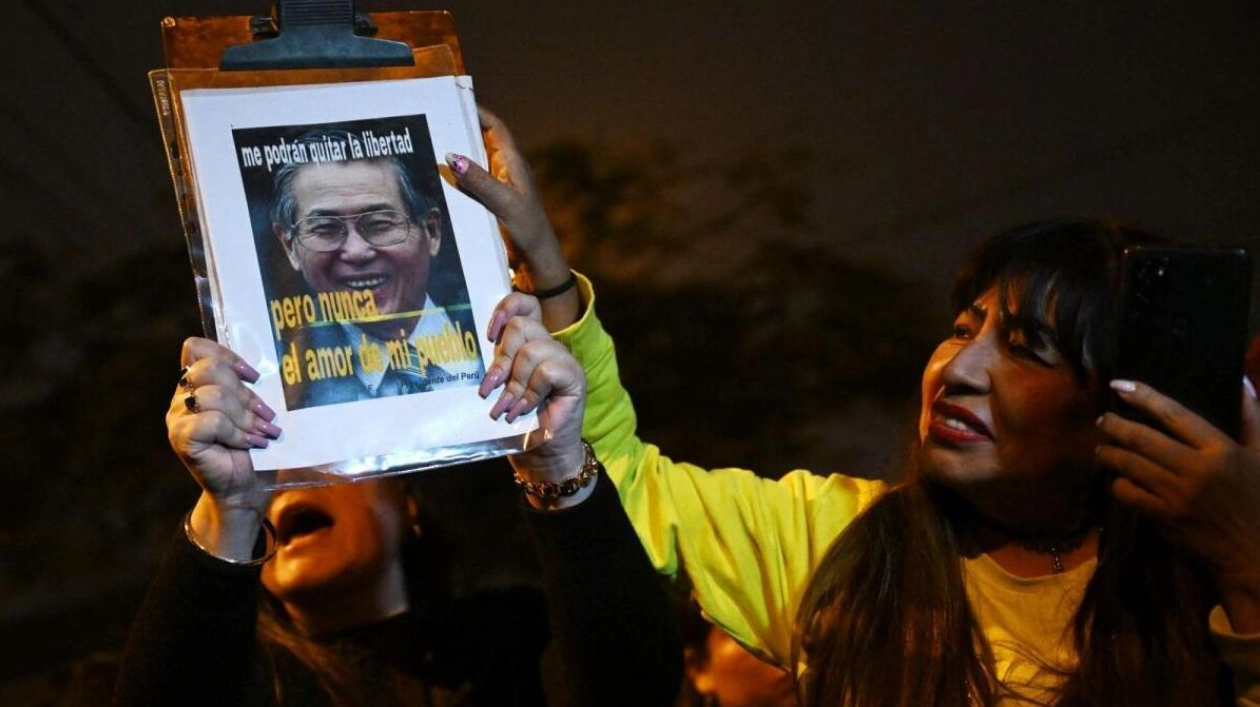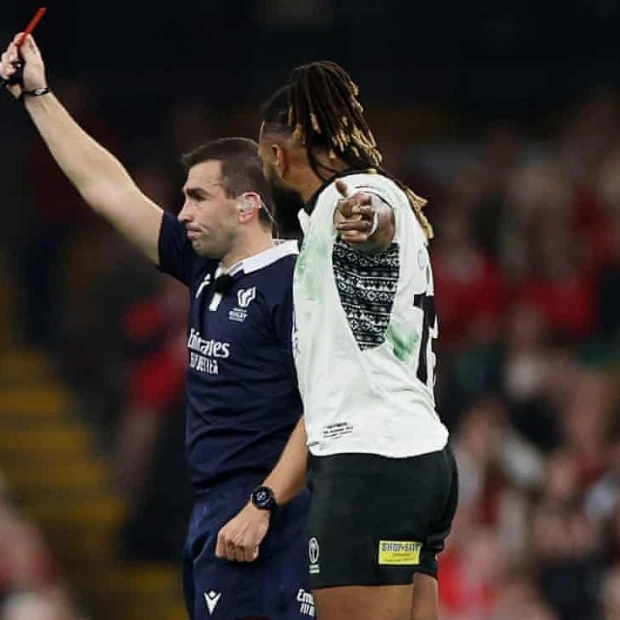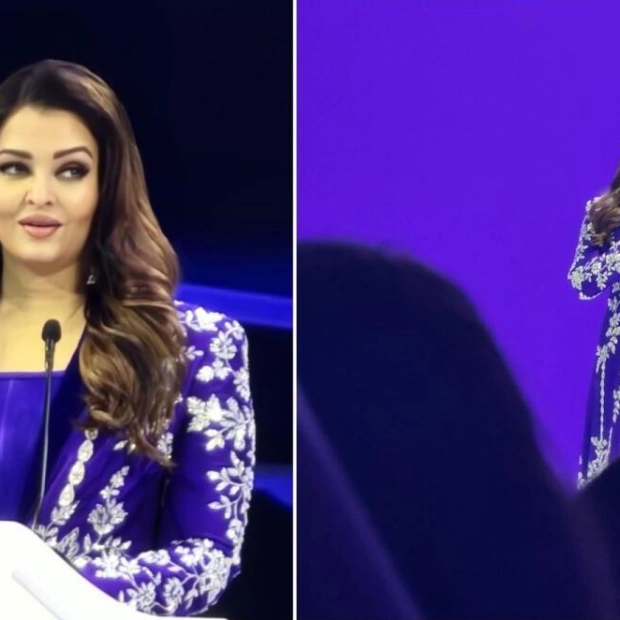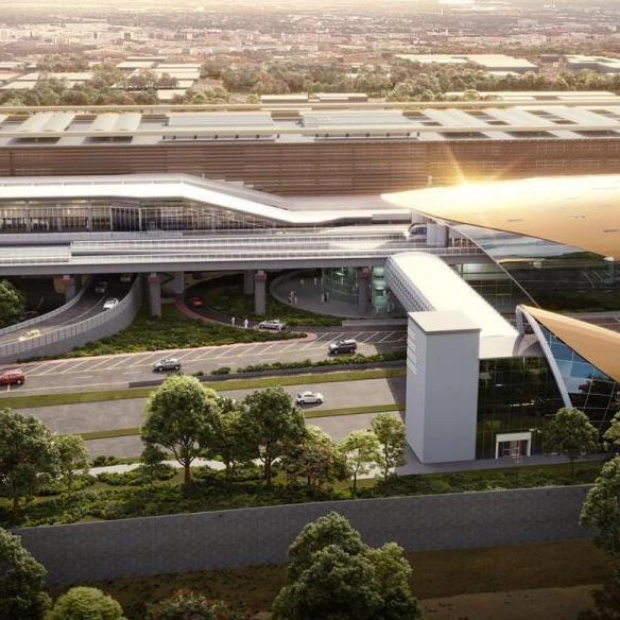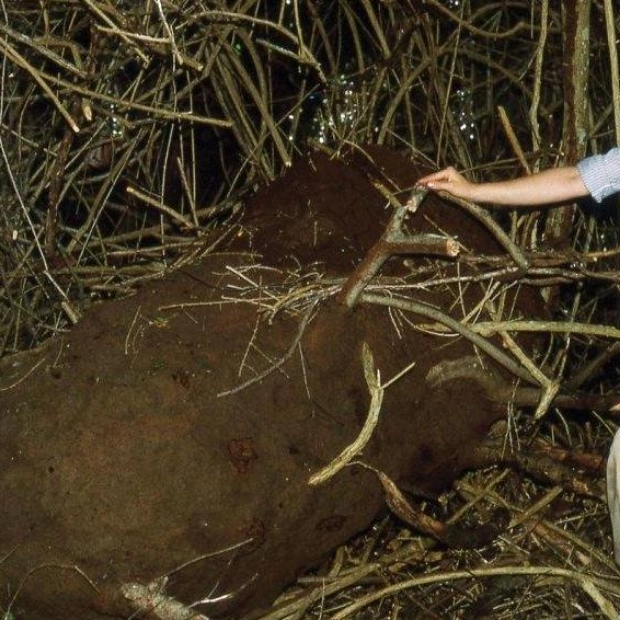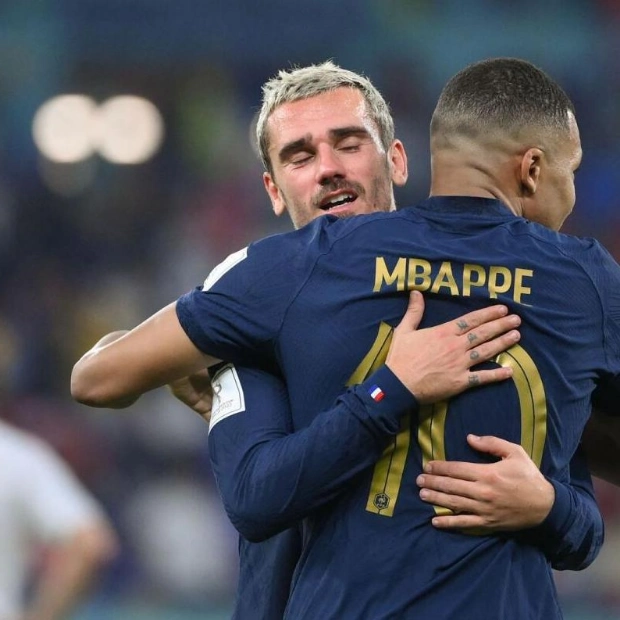Alberto Fujimori, the former president of Peru who governed with an iron fist and subsequently spent 16 years in prison for crimes against humanity, passed away on Wednesday at the age of 86 in Lima, the capital city.
"After a long battle with cancer, our father, Alberto Fujimori, has just departed to meet the Lord," his children Keiko, Hiro, Sachie, and Kenji Fujimori shared on the social media platform X. "Thank you for so much, Dad!" they added.
Fujimori, who led Peru from 1990 to 2000, was released from prison on humanitarian grounds in December, having served two-thirds of a 25-year sentence for crimes against humanity committed during his tenure. He played a pivotal role in Peru's so-called war on terrorism, where government forces clashed with leftist rebels from Shining Path and Tupac Amaru. This conflict resulted in over 69,000 deaths and 21,000 disappearances between 1980 and 2000, predominantly affecting civilians, as documented by a government truth commission.
Sources close to the family reported that Fujimori's health had rapidly declined following treatment for tongue cancer in August. He was last seen in public on Thursday as he left a clinic in Lima's Miraflores district, where he had undergone a CT scan.
As news of his death spread, social media was abuzz with both supporters and detractors debating his legacy. Many Peruvians, aware of his Japanese heritage, referred to Fujimori as "el chino," or the Chinese man. After his death, supporters gathered outside his home, chanting, "El chino did not die! El chino is present!"
In July, his daughter Keiko announced that the right-wing Fujimori would run for president again in 2026. Prime Minister Gustavo Adrianzen expressed condolences to the Fujimori family, stating, "We want his children and relatives to know we feel sorrow." Adrianzen also mentioned that he would discuss with the family the type of funeral they desired, though it was unclear whether Fujimori would receive a state funeral.
Fujimori was convicted and imprisoned in 2009 for the massacres carried out by army death squads in 1991 and 1992, which resulted in the deaths of 25 individuals, including a child, during what he claimed were anti-terrorist operations. In December 2017, then-president Pedro Pablo Kuczynski pardoned Fujimori due to his ill health. However, the Supreme Court later revoked the pardon, and he was returned to prison from the hospital in January 2019. He was released again in December 2023 after a court reinstated his pardon.
Fujimori was both adored and despised in Peru. On his 80th birthday in 2018, he sent a message to AFP, stating, "Let history judge what I got right and what I got wrong." He also believed he had paved the way for Peru to become one of Latin America's leading nations. Supporters praised him for saving the nation from left-wing guerrillas and stabilizing the economy, while opponents viewed him as a power-hungry autocrat.
Sociologist Eduardo Toche harshly criticized Fujimori when he was convicted of crimes against humanity in 2009, arguing that the Fujimori government represented the lowest point in Peru's history, as he disregarded the country's institutions and imposed his own rules. "For him, there was no legal framework. The legal framework was that of his will and that of his friends, nothing more," Toche stated.
One of the most dramatic episodes of his presidency was the four-month hostage crisis at the Japanese embassy in Lima in late 1996 and early 1997. The standoff concluded with Fujimori ordering commandos to rescue nearly all 72 hostages and kill 14 rebels. However, his later years were marred by a bribery scandal involving his intelligence chief, Vladimiro Montesinos. Fujimori went into self-imposed exile in Japan, famously faxing his resignation, but was later arrested in Chile and extradited back to Peru for trial. His daughter Keiko has unsuccessfully run for president three times.
